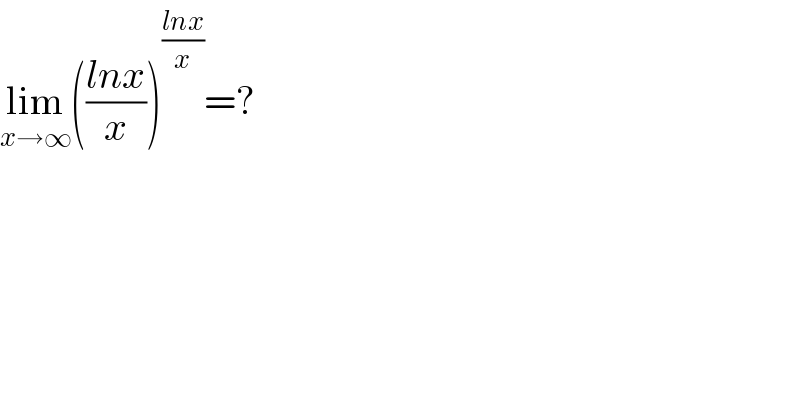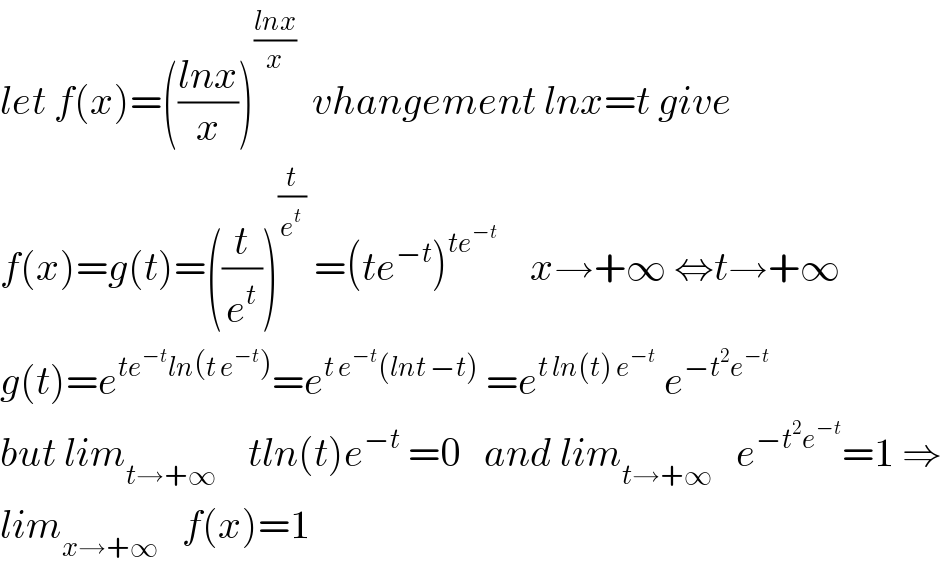
Question and Answers Forum
Question Number 72495 by Tony Lin last updated on 29/Oct/19

Commented by mathmax by abdo last updated on 29/Oct/19

Commented by Tony Lin last updated on 30/Oct/19

Commented by mathmax by abdo last updated on 30/Oct/19

| ||
Question and Answers Forum | ||
Question Number 72495 by Tony Lin last updated on 29/Oct/19 | ||
 | ||
Commented by mathmax by abdo last updated on 29/Oct/19 | ||
 | ||
Commented by Tony Lin last updated on 30/Oct/19 | ||
 | ||
Commented by mathmax by abdo last updated on 30/Oct/19 | ||
 | ||